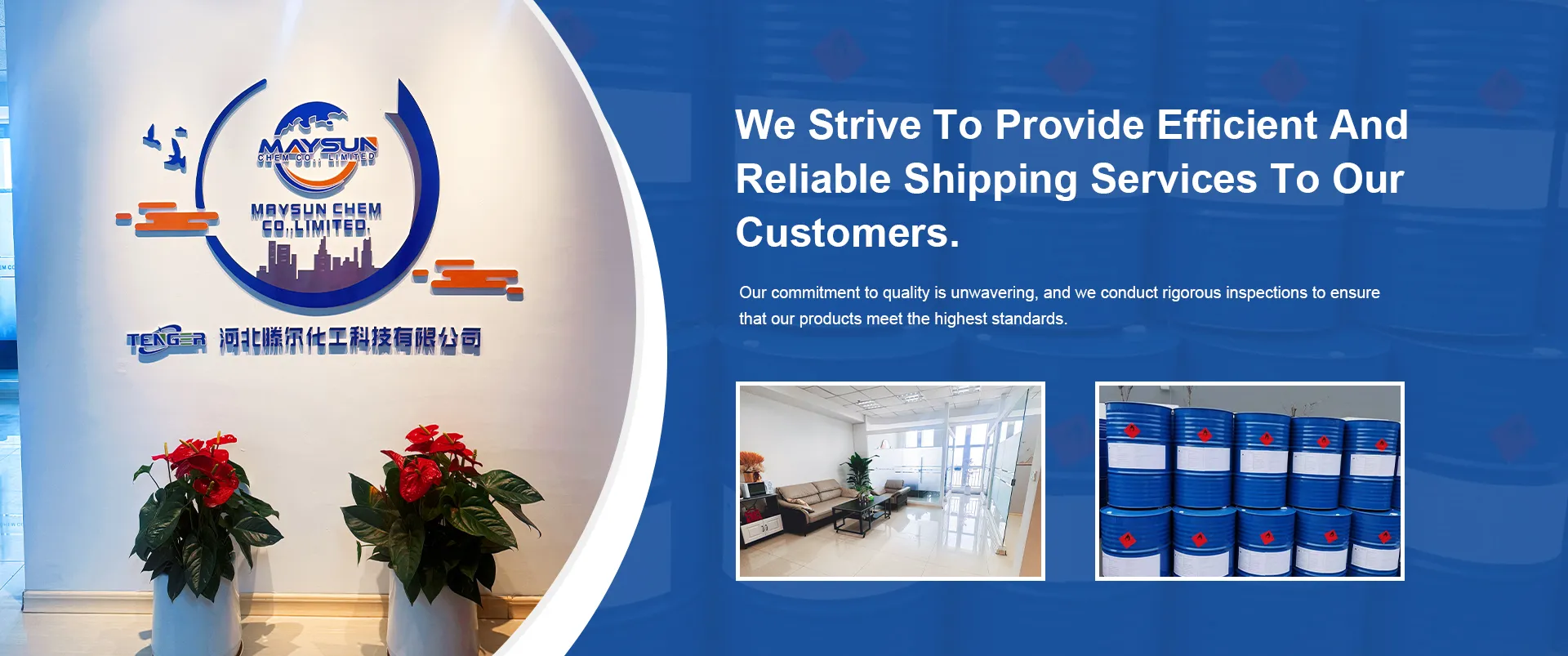
vegetable stabilizer
The Role of Vegetable Stabilizers in Food Products
In the contemporary food industry, the quest for improved textures, prolonged shelf life, and enhanced flavors has led to the rise of various food additives, among which vegetable stabilizers play a crucial role. Derived from natural sources such as plant proteins, gums, and starches, these stabilizers are increasingly viewed as preferable alternatives to synthetic additives, resonating well with consumer demands for clean label products. This article aims to delve into the significance, applications, and benefits of vegetable stabilizers in the food sector.
Vegetable stabilizers serve multiple functions in food formulations. Their primary role is to maintain the physical and chemical properties of a product throughout its shelf life. This can include stabilizing emulsions, preventing sedimentation, thickening the product, and improving mouthfeel. For instance, vegetable gums such as guar gum and xanthan gum are widely utilized in salad dressings and sauces to create homogenous mixtures that resist separation, ensuring that consumers enjoy a consistent flavor and texture in every bite.
One of the most notable advantages of vegetable stabilizers is their ability to improve the overall sensory attributes of food products. In dairy alternatives, derived from nuts, soy, or oats, stabilizers like carrageenan can enhance creaminess and prevent the separation of water and fat, creating a more appealing product. Similarly, in plant-based meat alternatives, these stabilizers can mimic the texture and juiciness of traditional meat, offering a pleasant eating experience for consumers seeking healthier, sustainable protein sources.
Moreover, vegetable stabilizers contribute significantly to food preservation
. By enhancing viscosity and preventing phase separation, they help extend the shelf life of various products, reducing waste and ensuring that consumers receive fresh products over longer periods. This is particularly vital in today’s market where sustainability is paramount.vegetable stabilizer

The rising trend of plant-based diets has further augmented the use of vegetable stabilizers. As more consumers opt for vegan and vegetarian options, manufacturers are tasked with finding solutions that not only meet dietary restrictions but also appeal to traditional palates. Vegetable stabilizers serve as essential tools in this transition, aiding the development of products that closely resemble their animal-derived counterparts. For example, vegetable proteins such as pea or soy can be combined with stabilizers to create a firm yet juicy burger that satisfies the cravings of all consumers, regardless of dietary preferences.
In addition to functional benefits, vegetable stabilizers are often perceived as healthier alternatives compared to synthetic options. With consumers becoming increasingly health-conscious, there is a growing demand for products that contain fewer artificial additives. Vegetable stabilizers can align with this trend, as they are generally regarded as safe and more natural, even if they are still processed to some degree. The clean label movement has prompted food manufacturers to explore and implement these options, knowing that transparency in ingredient sourcing can be a selling point for today’s informed shoppers.
Despite the numerous benefits, there are challenges associated with the use of vegetable stabilizers. Variability in raw materials can affect the consistency of products, requiring manufacturers to invest in quality control and testing to ensure that formulations remain stable over time. Additionally, culinary and sensory attributes may vary considerably depending on the type and amount of stabilizer used, necessitating thorough research and development.
In conclusion, vegetable stabilizers are pivotal in modern food production, offering texture enhancement, shelf-life extension, and sensory improvements, all while aligning with the growing consumer preference for natural ingredients. As the food industry continues to evolve, the role of vegetable stabilizers is likely to expand, leading to innovative products that cater to a wider array of dietary needs and preferences. The future holds promise for these natural ingredients as they forge new pathways in bringing sustainable and delectable food options to consumers around the globe.
-
Sodium Dichloroisocyanurate Safety Handling ProtocolsNewsJul.29,2025
-
Mining Chemicals for Copper Extraction Processes GuideNewsJul.29,2025
-
Fertilizer for Sale Shipping and Storage TipsNewsJul.29,2025
-
Dimethyl Disulfide as Sulfurizing AgentNewsJul.29,2025
-
Benzotriazole Safety Data Handling and Storage GuidelinesNewsJul.29,2025
-
Ammonium Bicarbonate Safety Handling Storage GuidelinesNewsJul.29,2025
-
The Transformative Role Of Trichloroisocyanuric Acid in Water TreatmentNewsJul.23,2025
Hebei Tenger Chemical Technology Co., Ltd. focuses on the chemical industry and is committed to the export service of chemical raw materials.
-

view more DiethanolisopropanolamineIn the ever-growing field of chemical solutions, diethanolisopropanolamine (DEIPA) stands out as a versatile and important compound. Due to its unique chemical structure and properties, DEIPA is of interest to various industries including construction, personal care, and agriculture. -

view more TriisopropanolamineTriisopropanolamine (TIPA) alkanol amine substance, is a kind of alcohol amine compound with amino and alcohol hydroxyl, and because of its molecules contains both amino and hydroxyl. -

view more Tetramethyl Thiuram DisulfideTetramethyl thiuram disulfide, also known as TMTD, is a white to light-yellow powder with a distinct sulfur-like odor. It is soluble in organic solvents such as benzene, acetone, and ethyl acetate, making it highly versatile for use in different formulations. TMTD is known for its excellent vulcanization acceleration properties, which makes it a key ingredient in the production of rubber products. Additionally, it acts as an effective fungicide and bactericide, making it valuable in agricultural applications. Its high purity and stability ensure consistent performance, making it a preferred choice for manufacturers across various industries.











